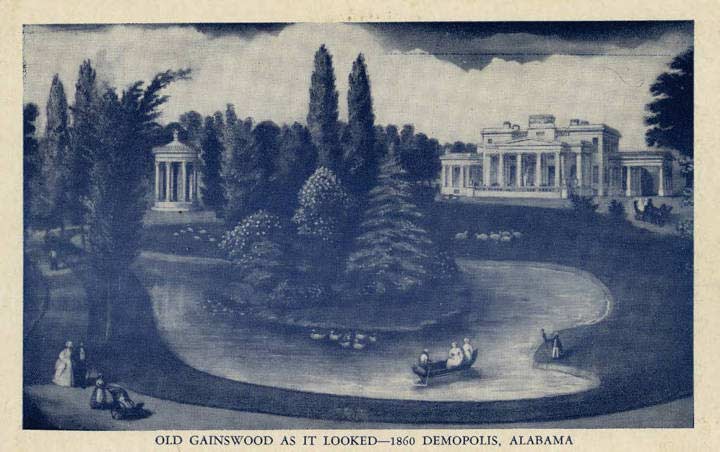Today’s plantation landscape reflects the nation’s reluctance to confront the true history of slavery and its legacy of racial injustice. Amy Potter, who studies plantation tourism and is a professor at Georgia Southern University, says telling the truth about this history is a moral imperative, especially now, when there is a movement across the country to limit the teaching of our history. A “plantation edutainment complex” has emerged, according to a 2018 National Science Foundation-funded study of 15 plantations in Virginia, South Carolina, and Louisiana led by Ms. Potter. Commercialized plantation sites tout luxury inns, Halloween ghost tours, wine and bourbon tastings, strawberry festivals, and plantation weddings, their biggest moneymaker. The owner of one site, Houmas House, transformed a Louisiana sugar cane plantation, where 800 Black people were enslaved, into what he calls a “Disneyland for adults.” All the entertainment, says Ms. Potter, undercuts efforts to tell truthful history.
Canadian documentary filmmakers Alex Bezeau and Lauren Cudmore—Cudmore is also an archaeologist and public historian—reached similar conclusions from interviews conducted in 2023 at 20 U.S. plantation sites for their forthcoming documentary, Vacation Plantation. One of those sites is Rosedown, a former Louisiana cotton plantation where hundreds of enslaved people were held in bondage and suffered under cruel working conditions. At Rosedown, now state-owned, staff have recently begun telling a piecemeal history of slavery, but the gardens and the restored big house remain the main attractions and “the entryway to telling the big story,” as Louisiana’s parks program manager Raymond Berthelet told the filmmakers.
Asked about the challenges of telling the slavery history truthfully, Mr. Berthelet voiced concern that if they do, families may choose not to visit the sites. Berthelet said, “If you say, ‘We’re doing a program on the enslaved,’ there is that factor—on a Saturday afternoon, do you take the wife and kids?…For a lot of folks, it might be a negative topic. It was a horrible institution, there’s no sugarcoating it.”

Tracing the Myth of “Moonlight and Magnolias”
Plantation tourism originated after the Civil War, when cash-strapped former enslavers began opening their opulent homes to paying visitors. By the early 20th century, plantations were tourist attractions that, like the film Gone with the Wind, glorified the Lost Cause myth of a South that fought the Civil War to preserve not slavery and white supremacy but a “genteel” way of life.